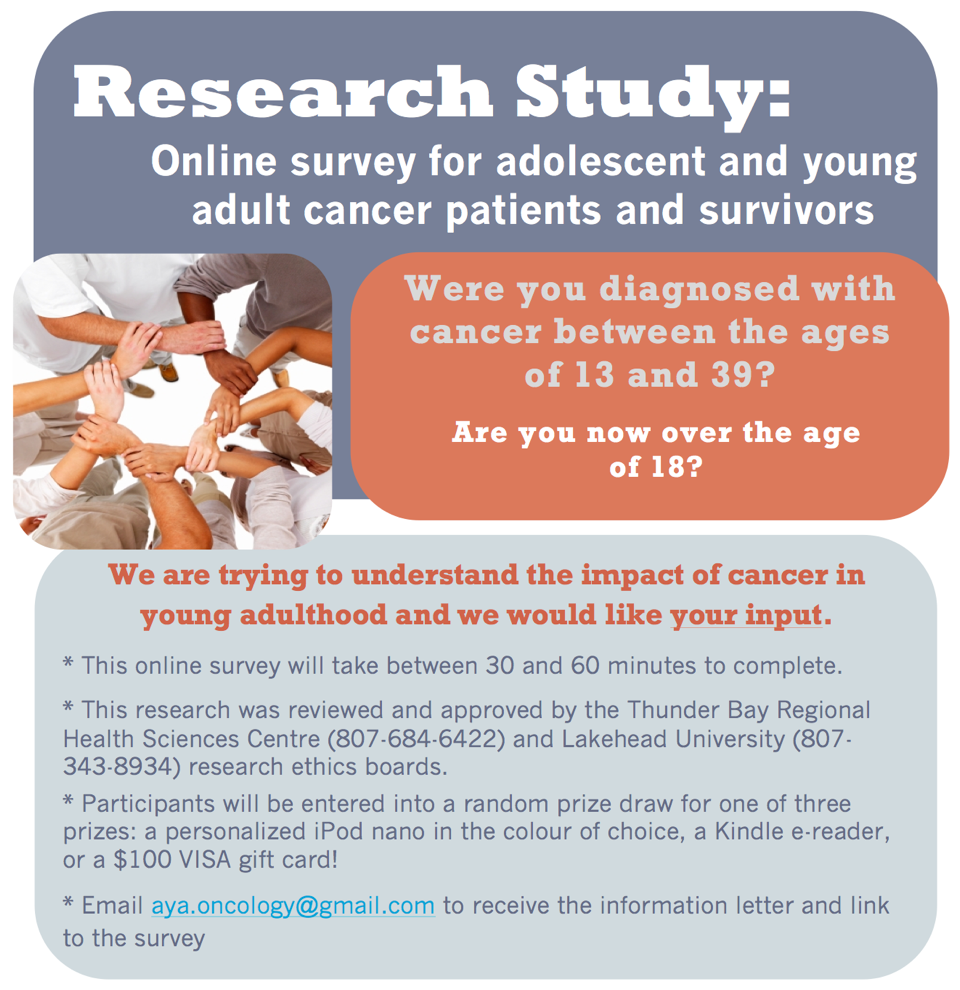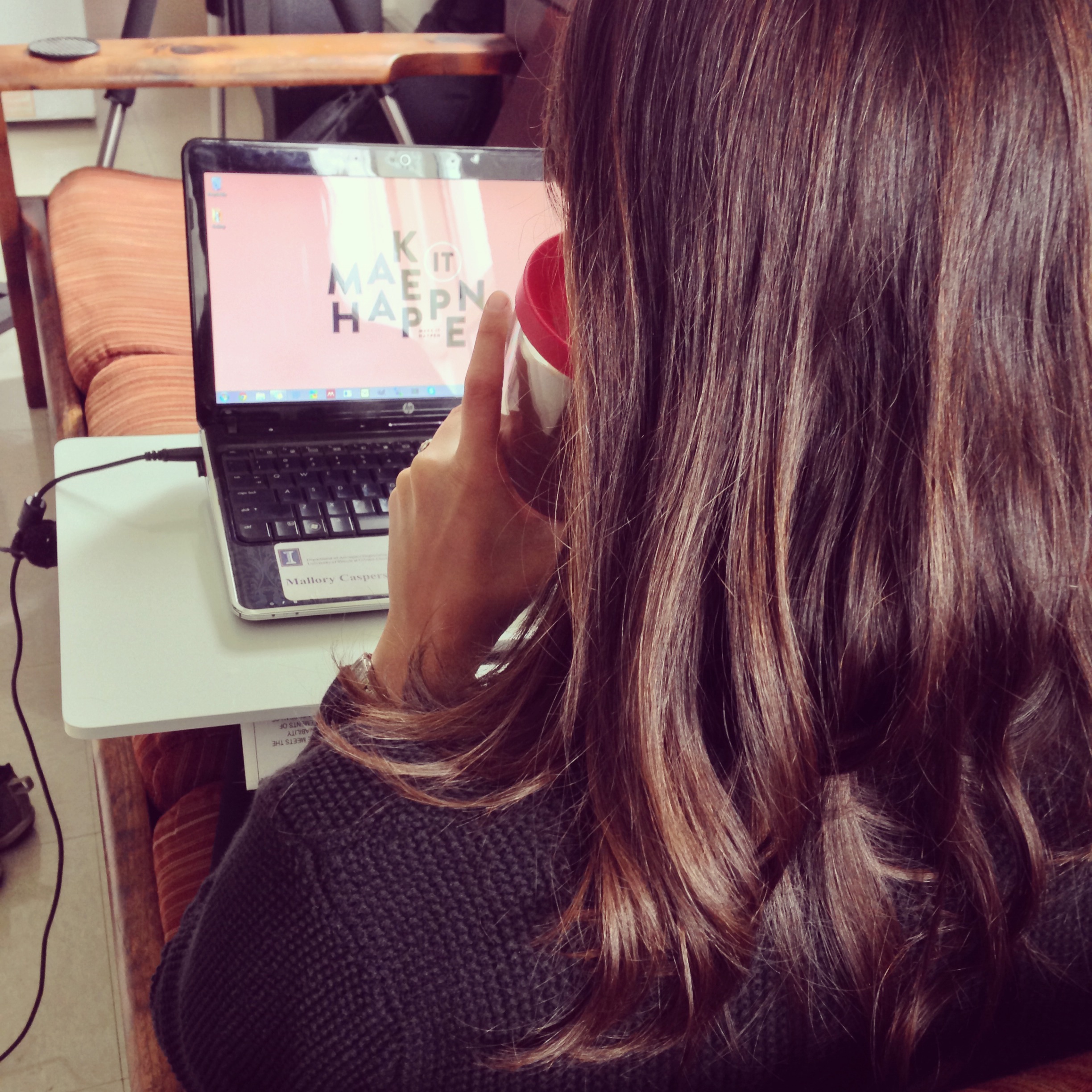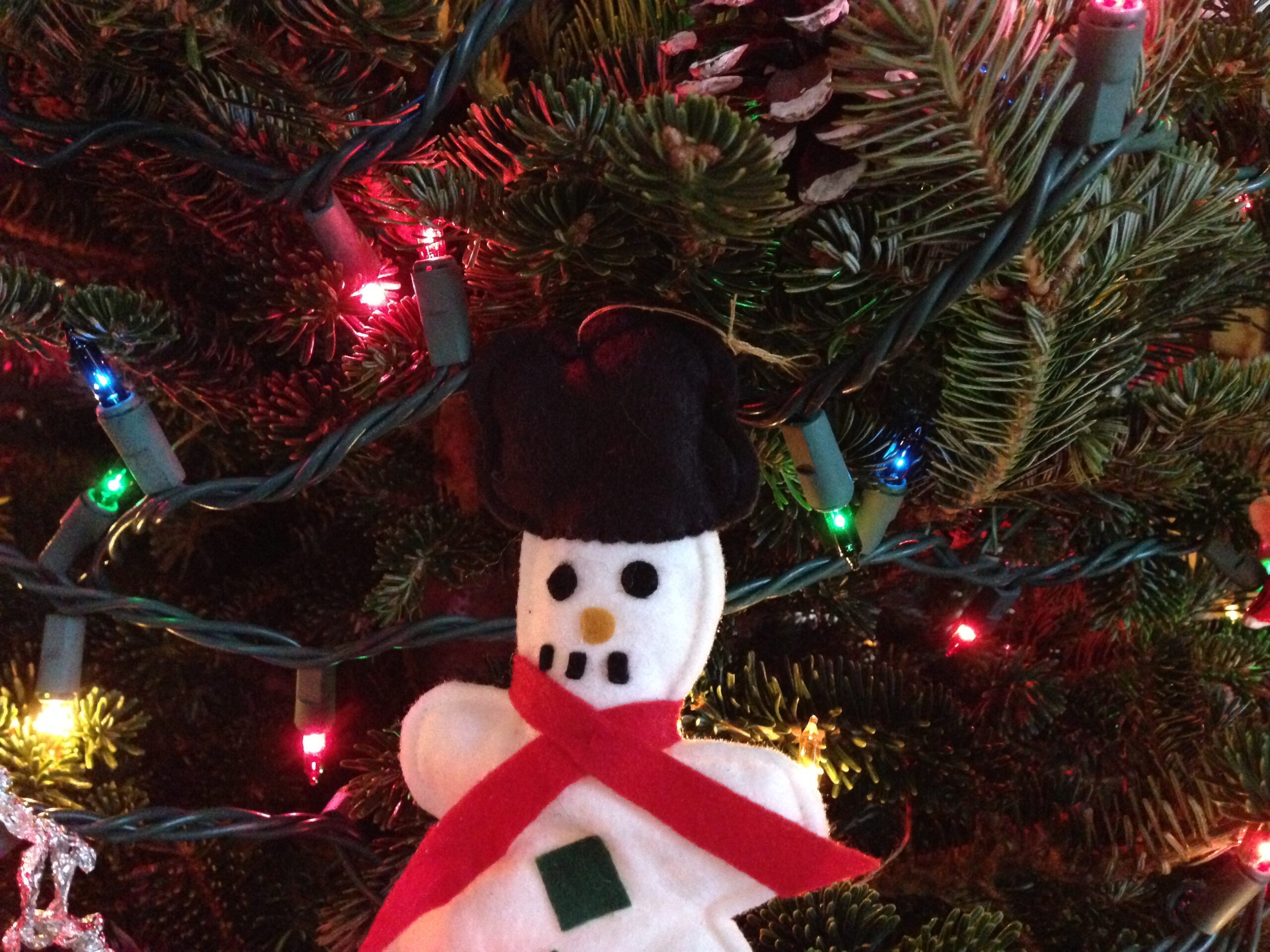Today we have a guest post from Liane Kandler. She is a clinical psychology doctoral student in Ontario, Canada. You can read more about her background here.
I am not a cancer patient or survivor. I am a healthcare professional and a doctoral student in clinical psychology. I research the impact of cancer, specifically the impact of cancer in young adults. I am also an advocate, friend, and family member to patients and survivors. Understanding and improving the impact of cancer on patients is both a professional and a personal goal.
I learned a lot in the 8+ years that I have been in this field. I learned that cancer, at any age, is hard. It can be frustrating, distressing, stressful, and worrisome. There are good days. There are bad days. Some acquaintances may become great friends. Some great friends may become acquaintances. There may be financial stress. You may find you have an incredible support system, or a support system that needs help. You may grow from the experience. You may not feel like you gained anything. Cancer may impact you differently than it impacts others, but it will have an impact.
Broadly speaking, studying this impact is what we do in the field of psychosocial oncology. Psychosocial oncology is:
“a specialty in cancer care concerned with understanding and treating the social, psychological, emotional, spiritual, quality-of-life and functional aspects of cancer, from prevention through bereavement. It is a whole-person approach to cancer care that addresses a range of very human needs that can improve quality of life for people affected by cancer” (Canadian Association of Psychosocial Oncology).
Psychosocial care is critically important for all patients, with organizations forming worldwide to research, understand, and meet this need. The International Psycho-Oncology Society is celebrating its 30-year anniversary, and has the mandate of integrating psycho-oncology into day-to-day, mainstream cancer care for all patients. The American Psychosocial Oncology Society is similarly dedicated to advancing psychosocial care for all people affected by cancer.
These organizations, and other similar ones around the world, emphasize the importance of psychosocial support. Cancer is a life-changing illness – it literally impacts all areas of life. That means when it comes to seeking help, you may also need, or want, help in the different areas of your life affected. This might mean social support, psychological help, perhaps financial counseling, or more. That’s why social workers, psychologists, nutritionists, and sometimes even quit smoking programs are often now available for patients, to help them throughout their cancer journey and into survivorship.
For young adults, one of the most often requested services is to connect with other young adults cancer patients and survivors –to connect with someone who understands the experience, because they too had to go through it. Thanks to this, patient and survivor created resources have exploded in the last decade: blogs, websites, novel treatments and therapies, support events, retreats, and more. These are all incredible resources, but this is a new field and we still have a long way to go to ensure that all young adult cancer patients and survivors have access to appropriate psychosocial care.
Consistent with this, my research project is trying to help map the psychological impact of cancer in young adults. I designed an online survey that asks for information about cancer history, the key issues facing young adult cancer patients and survivors, positive or negative life changes that have occurred since diagnosis, quality of life, distress, social support, life satisfaction, physical activity level, stress, and more. Although there are research studies out there that already ask many of these questions, they don’t do so together. This is really important, as we need a greater understanding of how all of these factors relate to one another. In the end, we are hoping to develop a clearer understanding of the issues faced by young adult patients and survivors, as well as how resources and tools can be better tailored to meet specialized psychosocial care needs.
If you were diagnosed with cancer between the ages of 13 and 39, and are now over the age of 18, then you are eligible to participate in this research by completing the online survey. To say thank you, participants will be entered into a random prize draw for a personalized iPod nano, a Kindle e-reader, or a $100 VISA gift card.
As I mentioned earlier, I have learned a lot in the 8+ years that I have been in this field. However, I also know that I have a great deal left to learn. I am thankful for every survey response, every blog I read, and comment I receive. I am hopeful that research and progress in the young adult psychosocial oncology field will mean that no young adult ever has to feel alone.
Thanks for reading. If you have any questions, or feedback, or you would like some help getting in touch with young adult resources, feel free to get in touch by email (aya.oncology@gmail.com), Facebook or Twitter.
Thanks for considering this research – please share!























